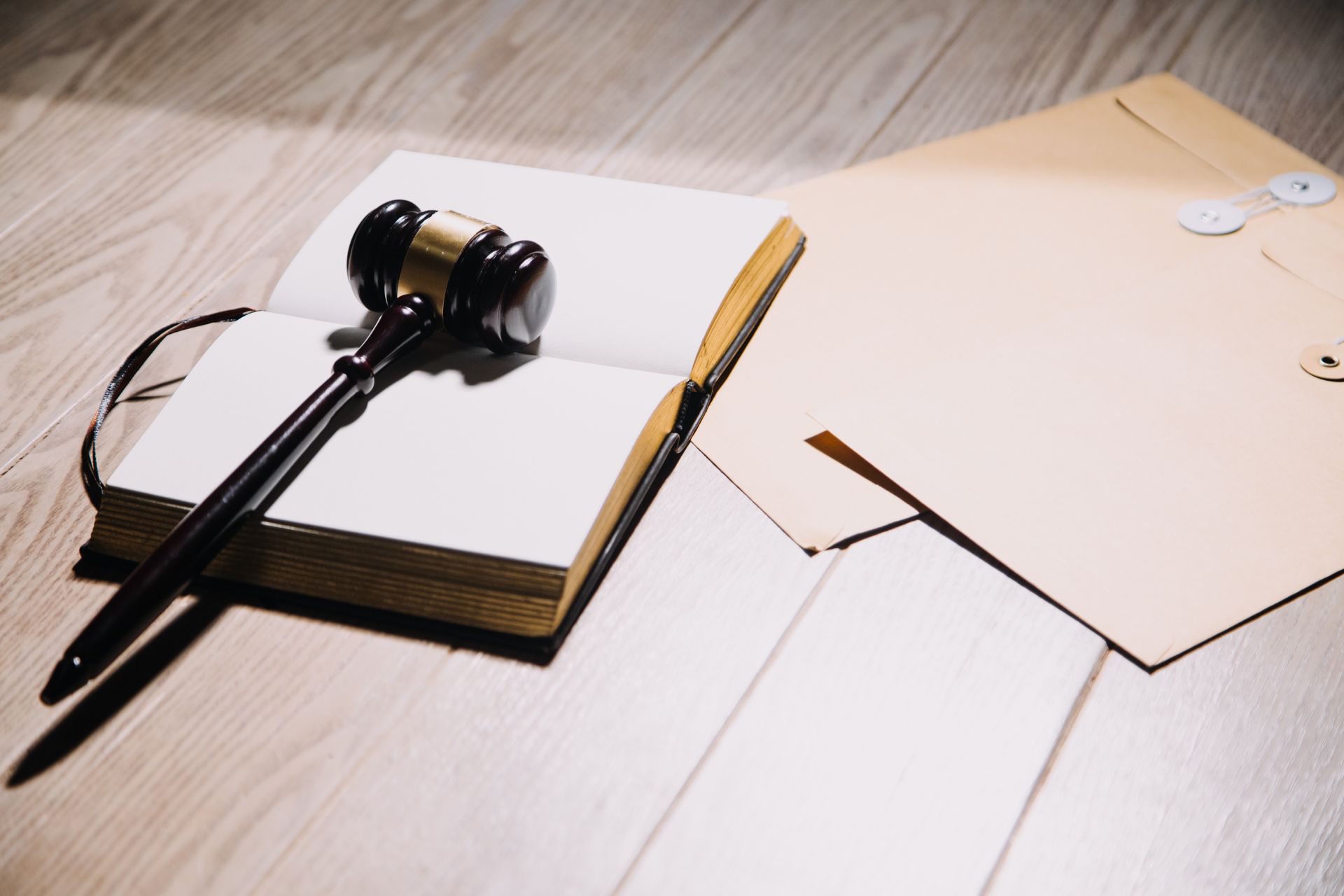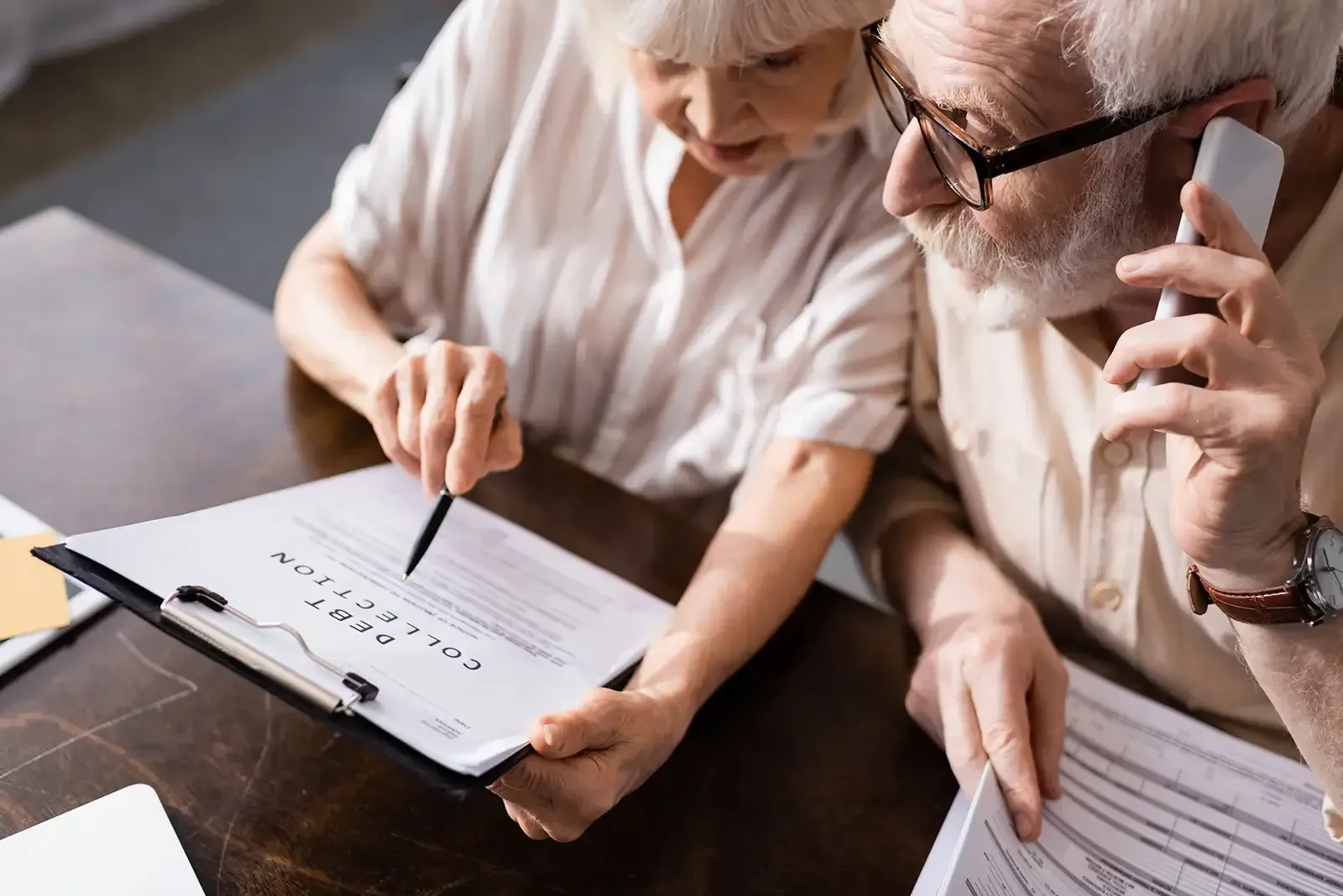What Happens Once I File For Chapter 7 Bankruptcy?
Chapter 7 bankruptcy is a legal process during which a debtor's assets get liquidated to pay off their creditors. If you owe more than you can pay to lenders, it provides a way to settle your debts and restart your financial life.
You start the Chapter 7 process by filing a petition with a bankruptcy court. In addition, you need to list assets, debts, active contracts, and income. You also need to complete a credit counseling session before you file the paperwork with the court.
The following steps can seem intimidating because they involve settling your debts by liquidating eligible assets. Luckily, the process of Chapter 7 bankruptcy follows a well-defined path.
Here is what you can expect.
What Happens Immediately After Filing Chapter 7 Bankruptcy?
As soon as you file a petition for Chapter 7 bankruptcy, the process gets set in motion.
The first thing that happens is that the court puts an automatic stay on collections. When this happens, creditors or their third-party agents can no longer contact you about the debts. Therefore, you will stop getting calls from collections agencies or lenders. They will get repayment through the court and can no longer deal with you directly.
The court will also lay out the details of your case. It will assign a judge and a bankruptcy trustee, who will play a pivotal role throughout the process. The trustee will oversee the liquidation of eligible assets and act as a liaison between you and your creditors.
Finally, the court will schedule a meeting with your creditors. Known as a 341 Meeting, it will usually take place about a month after the initial bankruptcy filing, though the date can vary depending on circumstances. The trustee may request additional documents leading up to the meeting. They will also ask you questions at the meeting to ensure you understand the effect that bankruptcy will have on your credit score and other legal ramifications.
You Must Meet Credit Counseling Requirements
The trustee will handle many aspects of a Chapter 7 bankruptcy. However, you are required to complete a second credit counseling course (in addition to the session you took before filing for bankruptcy). These are meant to help you understand your financial situation and aid you in avoiding excessive debts in the future.
This course might seem like a small step, and it usually only takes a few hours to complete. However, it is a necessary part of the process. If you fail to finish the class, the court will delay discharging your debts until you do.
The trustee will help you find and sign up for the course, and it is best to take it between the petition filing date and the scheduled 341 Meeting to avoid any potential delays. Individuals who file bankruptcy need to file a debt repayment plan developed during the course and completion certificate as part of their bankruptcy documentation.
The Court Creates an "Estate" of Eligible Assets
The bankruptcy trustee will create a pool of assets that are eligible for liquidation. In bankruptcy law, this is called an "estate." The estate technically takes over ownership of the assets and sells them in a way that maximizes repayment to debtors.
Exempt property can include a primary residence and a daily-use vehicle. You can also keep reasonably necessary apparel, household items, and furniture. The trustee will decide what items are essential for life.
Any tools or equipment that you can prove is necessary for work can remain in your possession, as can any essential appliances. These items do not get included in the estate.
Collectables, investments (except those associated with a pension), additional properties or vehicles, and family heirlooms are typically earmarked for liquidation. It is theoretically possible that you could have no eligible assets. If this happens, the trustee will report the lack of assets to the judge, who may discharge the debt without any liquidation.
Creditors can raise objections to any items that you claim as exempt from liquidation. They usually do so in writing after the 341 Meeting.
The Trustee Liquidates Assets
Any assets that are not exempt from the bankruptcy process are sold by the trustee. They then take the proceeds from these sales and pay off the creditors. There are six different classes of claims that creditors can make. The trustee starts with the highest class of claims. When these get paid off in full, they move on to the next highest class.
During this phase of the bankruptcy, the trustee's goal is to use the proceeds to cover as many of the debts as possible.
Your Debts Get Discharged
During the final phase of Chapter 7 bankruptcy, the court discharges your debts. This means that the court decides that the sale of exempt assets and other forms of repayment have covered as much of your debt as possible.
The discharge effectively closes your bankruptcy case. Your creditors can no longer try to collect any debts that were included in the bankruptcy proceedings.
The entire process — from the day you file the bankruptcy petition until the discharge of your debts — usually takes between four and six months.
Effects of Bankruptcy
Chapter 7 bankruptcy can help you discharge your debts. It will give you a fresh start financially and save you from having to deal with aggressive creditors and collections agencies. However, there are some effects that you should be aware of before beginning the process.
First of all, you will lose all liquidated assets and will not be able to recover them. Also, bankruptcy will affect your credit score. Chapter 7 proceedings will remain on your credit report for 10 years. While you can take steps to increase your credit score during this time, your history will not be completely clear for a decade. Also, you will not be able to file bankruptcy again for eight years.
Finally, you will still have to pay any debts that are exempt from bankruptcy filings. These include taxes, student loans, child support, and alimony.





